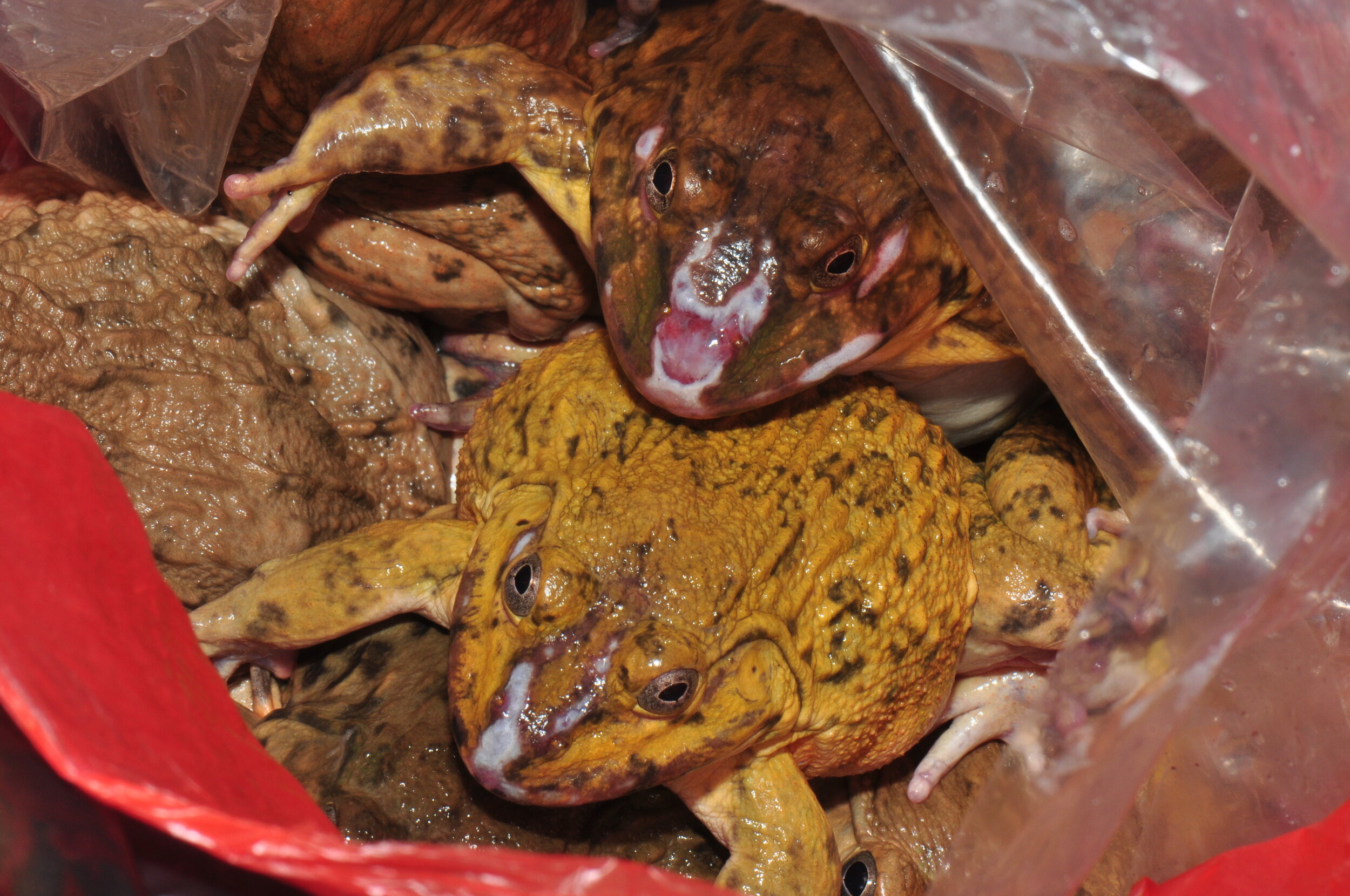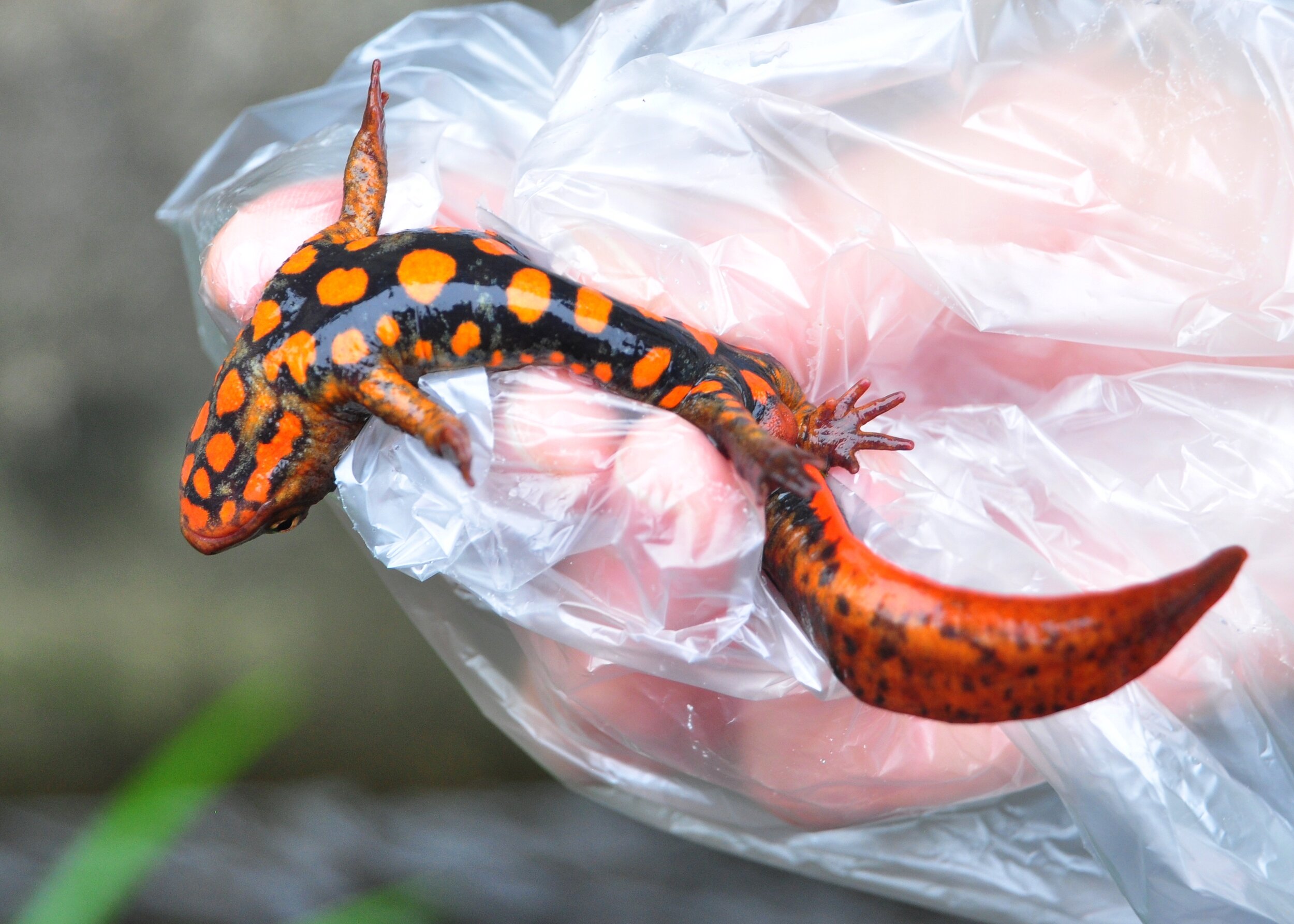Did you know that most species of animals enter the United States without any testing for the diseases they may carry?
Why is this a problem? Because public health is tightly connected to the health of animals and the environment. This growing field of study is referred to as ‘One Health.’



Unfortunately, deadly wildlife diseases continue to spread around the world through international trade and governments have been slow to react. Several months before the COVID19 pandemic emerged, I decided to devote more of my time to help design wildlife trade policies that could enable proactive surveillance and disease control options. Is a “cleaner” wildlife trade system possible?
Most species of animals enter the United States without any testing for the diseases they may carry. I was shocked to experience this policy gap first-hand, and I then explored this deeper for my PhD, where I discovered incredibly high levels of fungal and viral pathogens in traded amphibians.
Thousands of species around the world are presently at risk of extinction due to these pathogens– and we have virtually no laws to prevent this. To learn more about this crisis, read my story for National Geographic: To prevent the next pandemic, it’s the legal wildlife trade we should worry about.
Most of the investments made to prevent future pandemics focus on illegal wildlife trade, but I believe this is a serious mistake & represents a misunderstanding of trade dynamics. Thousands of animals carrying unstudied pathogens are being traded legally every single day, and we must respond to this science and policy gap to protect both people and wildlife.
I’m always interested in providing seminars and consultancies on this topic.
Previous audiences of my work in this field include:
The World Organisation of Animal Health (OIE)
The United States Fish & Wildlife Service
Salisbury University
University of Michigan
The Explorers Club
End Pandemics
EcoHealth Alliance
